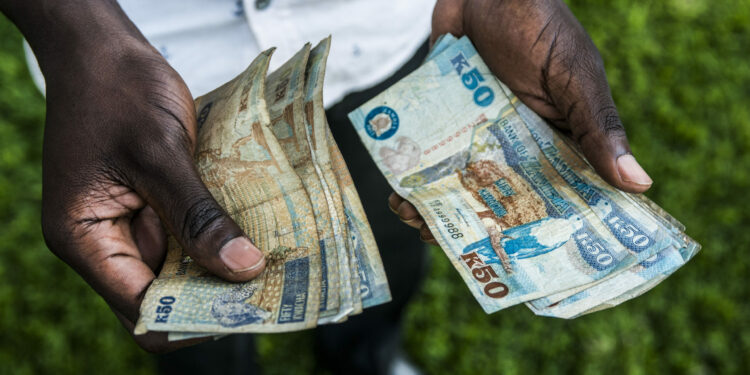Selloff in Kwacha, quickening inflation may prompt Zambia rate hike
A sharp slump in the kwacha that’s placing upward pressure on inflation may prompt monetary policymakers to raise interest rates for the first time in more than a year when they meet in early 2023.
Consumer prices rose an annual 9.9% this month, compared with 9.8% in November, interim Statistician-General Mulenga Musepa told reporters Thursday in the capital, Lusaka.
That’s the highest level since September and brings the average for 2022 to 11.1% — below the central bank’s forecast of 11.3%. The cost of transport outpaced other price increases, Musepa said.
The kwacha weakened 12% against the dollar this quarter, its worst performance since the first three months of 2020, when investors bet that the southern African nation would renege on its debt obligations. Zambia became Africa’s first pandemic-era sovereign defaulter in November of that year.
The currency’s depreciation is partly due to slow progress in debt-restructuring talks with creditors. World Bank President David Malpass said last week the delays are impacting economic growth and poverty in the southern African nation. Zambia is seeking to rework $12.8 billion of foreign loans.
The uptick in inflation and the decline in the currency may persuade the Bank of Zambia to raise borrowing costs at its February meeting after maintaining the benchmark rate at 9% this year because of a downward trend in price growth.
Annual inflation, which the MPC expects to average 8.5% next year, has been above the bank’s 6% to 8% target since May 2019.
Food inflation decelerated to 11.9% this month from 12.1% in November while non-food price growth accelerated to 7.3% from 6.7%. Monthly inflation quickened to a 10-month high of 1.1%.








